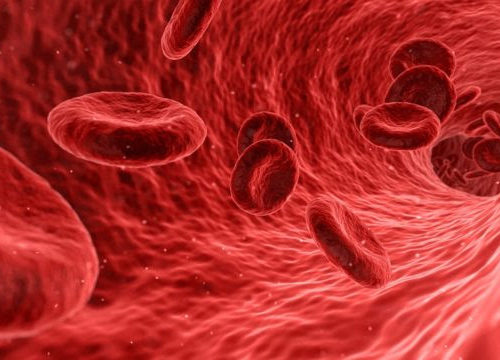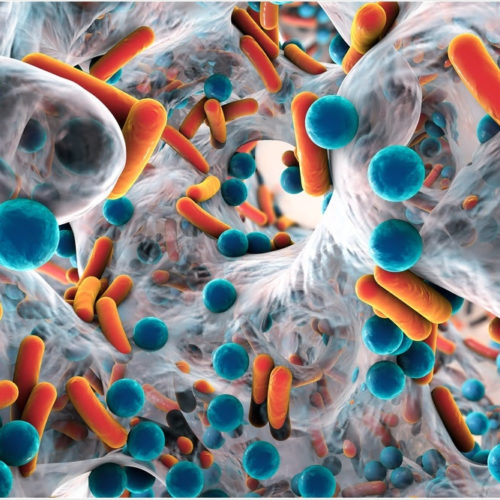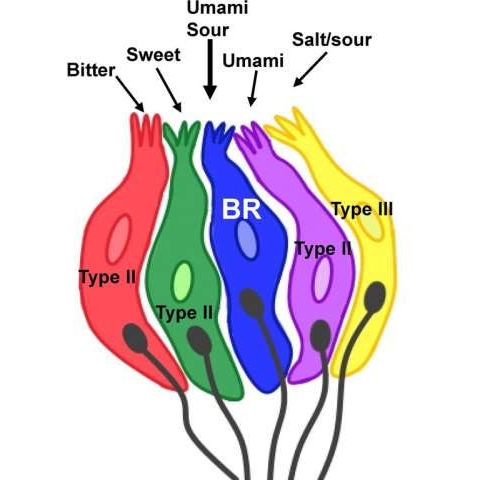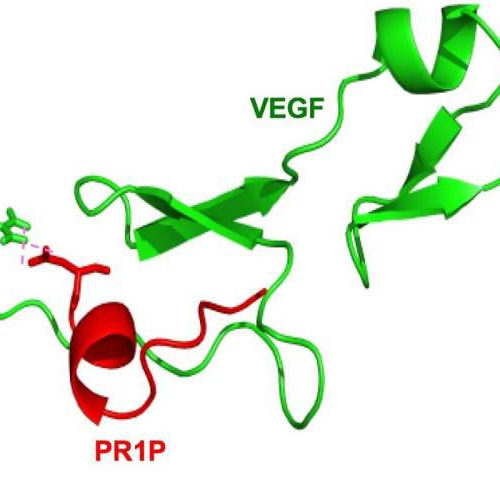Small particles released by cancer cells contain specific proteins that may be used in a blood test to detect cancer at an early stage, according to a study published in the scientific journal Cell by a group of investigators from US institutions, and including a principal author from LiU. Early detection of cancer increases the...
Tag: <span>Genetics</span>
Gene therapy for inherited blindness
by Ludwig Maximilian University of Munich Retinitis pigmentosa is the most prevalent form of congenital blindness. Using a retinitis pigmentosa mouse model, LMU researchers have now shown that targeted activation of genes of similar function can compensate for the primary defect. As many as 40,000 people in Germany suffer from retinitis pigmentosa. This hereditary disorder...
International team of scientists discover link between genes and penicillin allergy using
International team of scientists discover link between genes and penicillin allergy using biobanks from Estonia, UK and USA Penicillin, a life-saving medicine, is the most common cause of drug allergy, with clinical manifestations ranging from temporary skin reactions to life-threatening systemic syndromes. Thus far, genetic factors have only been found for rare severe allergic reactions...
Designed bacteria produce coral-antibiotic
Sustainable biotechnological production of a natural substance against tuberculosis TECHNICAL UNIVERSITY OF MUNICH (TUM) HORN CORALS OF THE SPECIES ANTILLOGORGIA ELISABETHAE PRODUCE ANTIBIOTIC NATURAL SUBSTANCES. A RESEARCH TEAM AT TUM HAS SUCCESSFULLY PRODUCED ONE OF THESE SUBSTANCES IN THE LABORATORY. view more CREDIT: (IMAGE: THOMAS BRÜCK / TUM) Thomas Brück saw the sea whip Antillogorgia...
Deciphering the largest CRISPR system
Interview conducted by Emily Henderson, B.Sc. Professor Guillermo Montoya spoke to News-Medical on his research that involved visualizing the largest and most complex CRISPR system, which could have potential applications in biomedical diagnostics. What provoked your research into CRISPR? My interest in protein-DNA interactions and genome editing started a while ago when I collaborated with...
Potential link for Alzheimer’s disease and common brain disease that mimics its symptoms
Conducting genetic screening in hundreds of autopsied brain samples, investigators identified shared molecular mechanisms in Alzheimer’s disease and LATE, a common brain disorder BRIGHAM AND WOMEN’S HOSPITAL Alzheimer’s disease is one of the most common causes of dementia, and while most people might know someone who is affected by it, the genetic factors behind the...
New approach to treating osteoarthritis advances
by NYU Langone Health The study results revolve around the long-established idea that machines within animal and human cells turn the sugars, fats, and proteins we eat into energy used by the body’s millions of cells. The molecule most used to store that energy is called adenosine triphosphate, or ATP. Along with this central role...
New type of taste cell discovered in taste buds
by Public Library of Science Most taste cells selectively respond to a specific stimulus type while broadly responsive cells respond to multiple taste qualities. Credit: Jhanna Flora and Kathryn Medler Our mouths may be home to a newly discovered set of multi-tasking taste cells that—unlike most known taste cells, which detect individual tastes—are capable of...
Singapore researchers discover genetic link to predict positive response to immunotherapy in patient
Singapore, 12 August 2020 – A Singapore team led by clinician-scientists and researchers from the National Cancer Centre Singapore (NCCS) discovered a genetic link to better predict treatment response for relapsed/refractory patients with natural- killer T-cell lymphoma (NKTCL), a highly aggressive form of blood cancer. The team performed whole-genome sequencing, to identify mutation in PD-L1...
A targeted treatment for emphysema? Small engineered peptide maintains lung tissue in animal models
by Children’s Hospital Boston Children’s Hospital tested PR1P in lung cells and mouse models of emphysema, they found that it protected VEGF from being degraded, prevented cell death, and protected the lung. Credit: Hao Wu, PhD, Boston Children’s Hospital Emphysema is a progressive, debilitating lung disease in which the lung’s breathing sacs, or alveoli, enlarge,...







